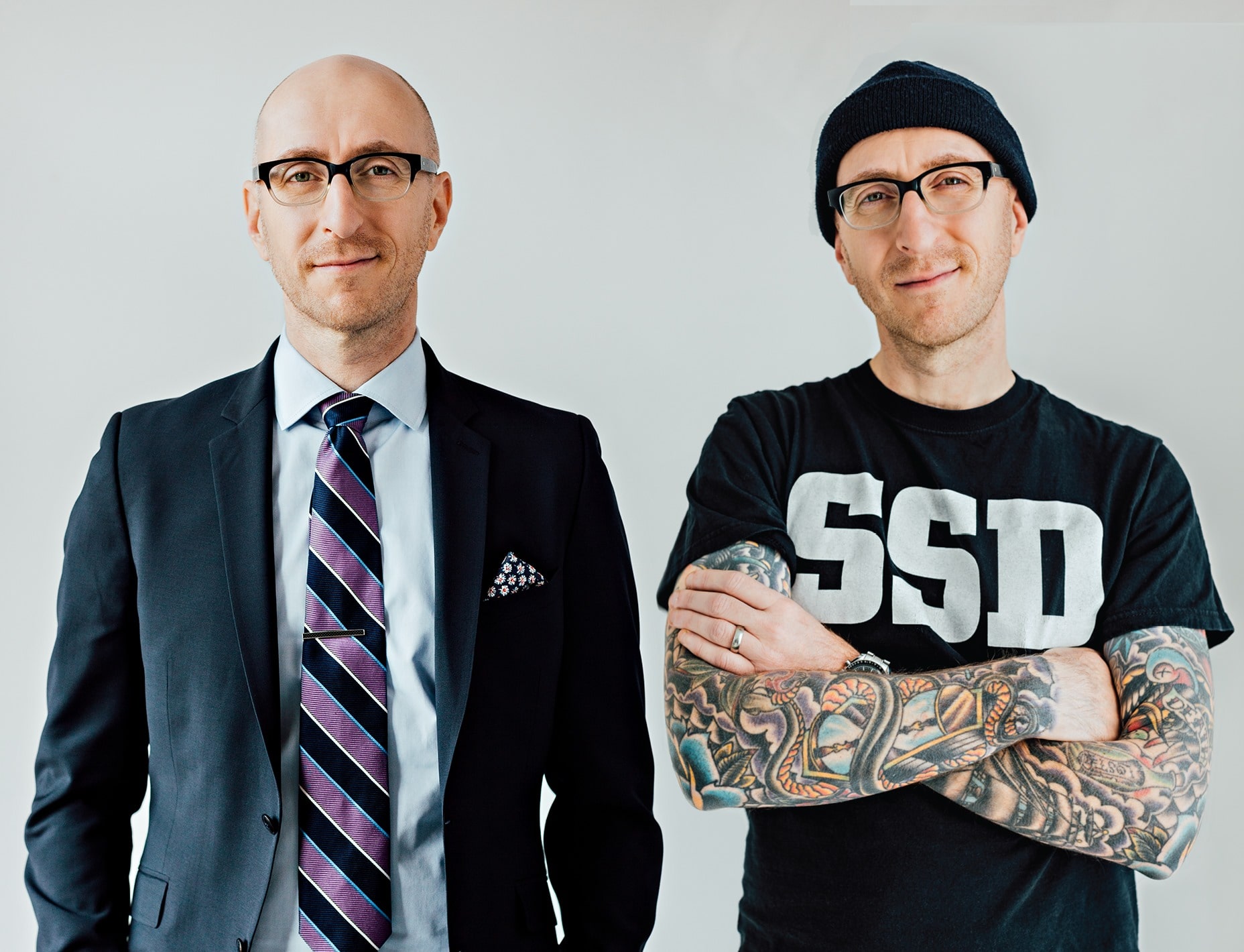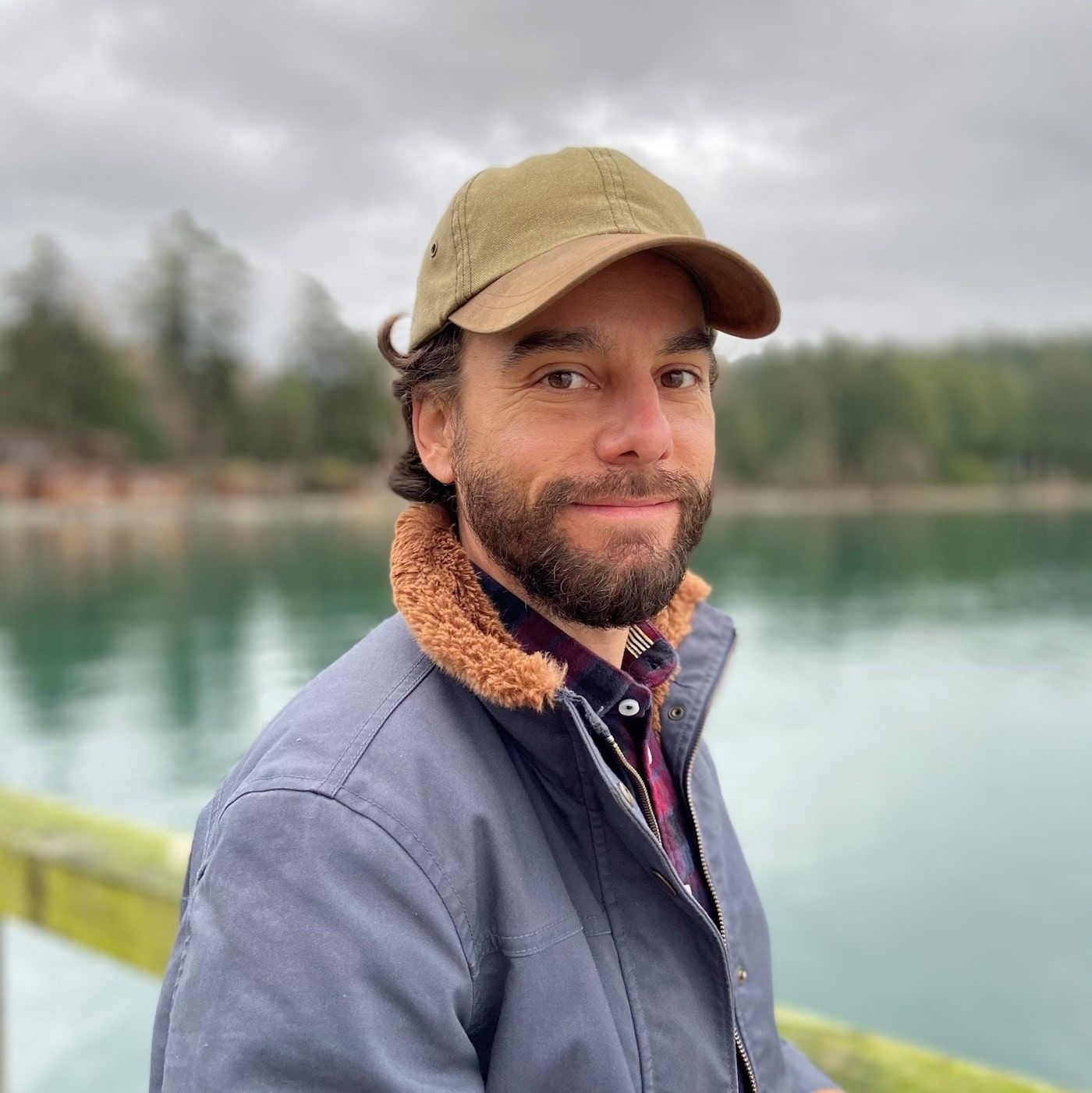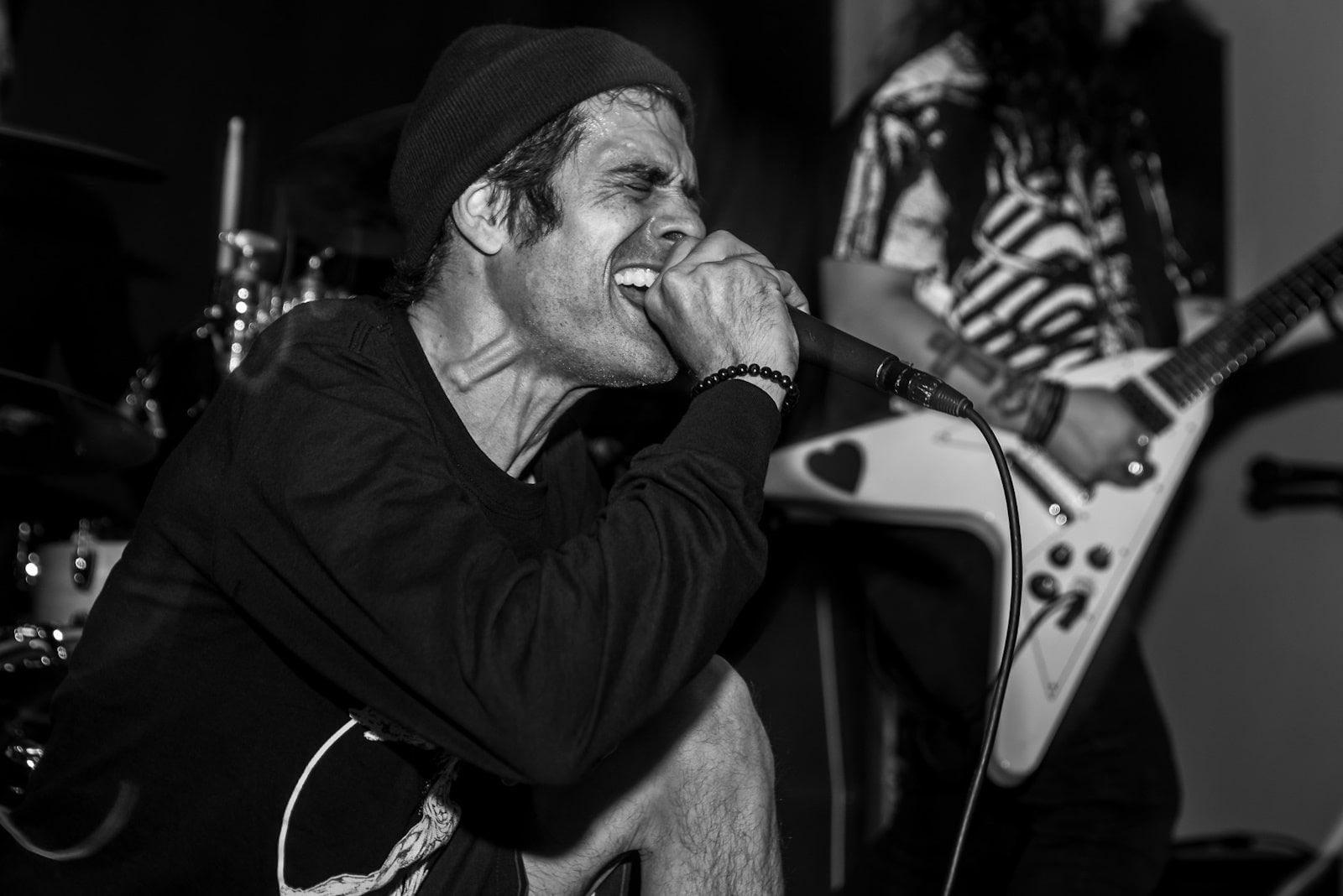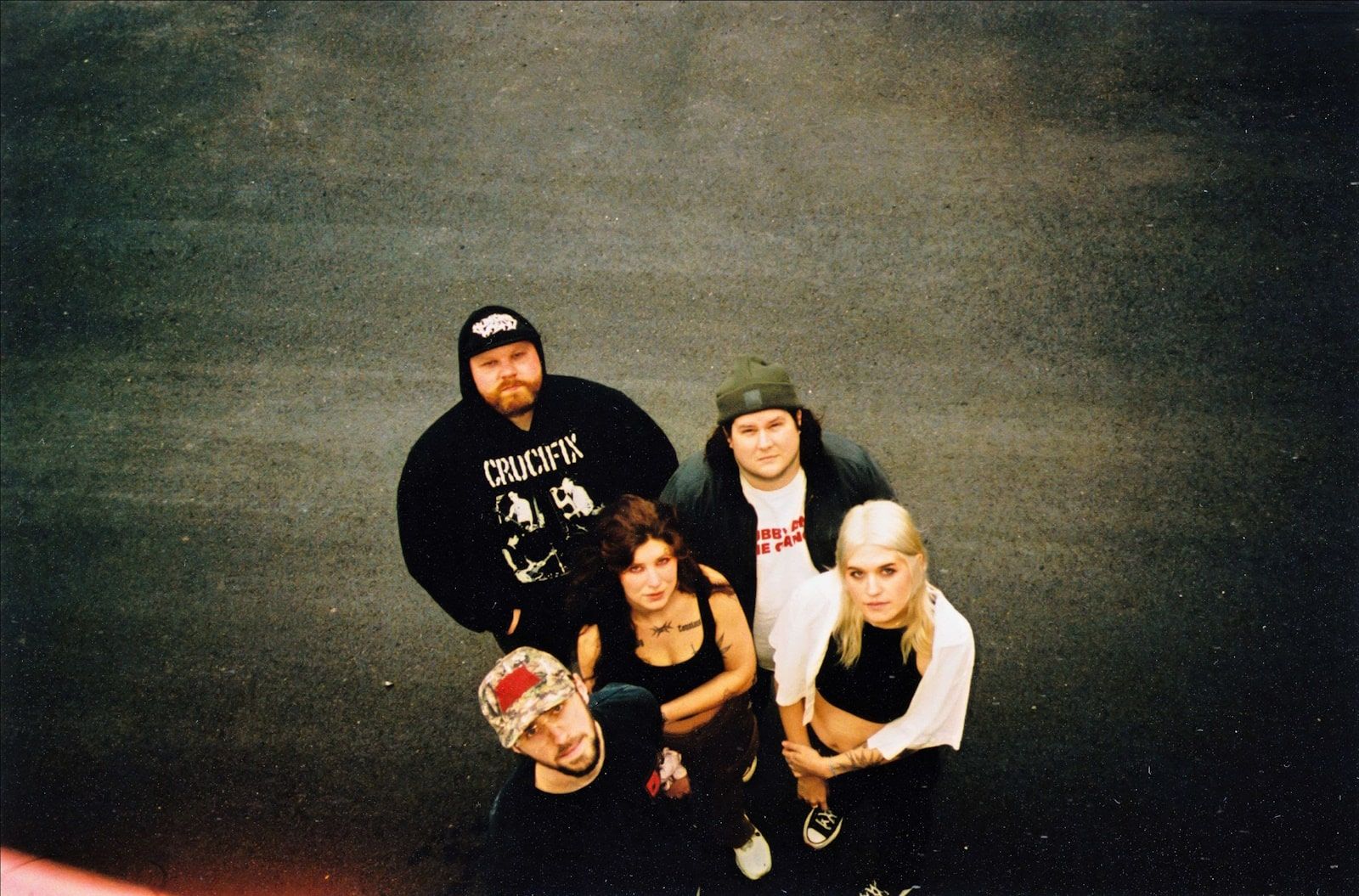In the vast sea of podcasts about leadership and personal development, it’s easy to lose interest. However, “One Step Beyond” is a delightful deviation from the norm, largely due to the refined analogies of Aram Arslanian. The latest episode, which covers work-life balance, corporate culture, burnout, and more, reminds us of how inspiring people can be found in unexpected places.
The newest discussion spanned a variety of crucial topics relevant to both personal and professional development. The conversation covered strategies for handling mind freezing during important meetings, the qualities CEOs value most in leaders, methods directors use to manage stress and corporate pressures, tips for finding a balance between work and personal life, strategies for creating an ideal corporate culture, and ways to maintain ethics within an organization while upholding personal beliefs.
This podcast brilliantly encapsulates the intriguing phenomenon of individuals who once jumped off stages and screamed into microphones now translating their youthful ideals and ethics into more polished, professional domains such as business consulting and personal development.
It’s a fascinating aspect, underscoring the seamless transition from hardcore punk’s raucous energy to the meticulous demands of professional leadership and organizational development.
This evolution from cultural rebellion to influential thought leadership in the business sphere exemplifies how the core values of authenticity, community, and DIY ethics have found new expressions in business or even corporate world.
This narrative illustrates how the same passion that fueled raucous live shows now drives innovative business strategies and effective, ethical leadership, showcasing a remarkable journey from stage dives to boardroom strategies.
Aram merges his passion for music and the ethics of the hardcore punk scene with his professional life in psychology and coaching. Alongside figures like Greg Bennick and other intelligent frontmen from iconic hardcore bands, these gentlemen demonstrate how to do more than just educate from the stage.
Greg is a comedic keynote speaker and presenter who shares strategies about juggling a world of distractions to prioritize focus, improve self-esteem, and increase performance. He has been traveling the world for the last three decades, entertaining, uplifting, and learning from people. His work revolves around the very human experiences we all share in a world that continually pulls us apart.
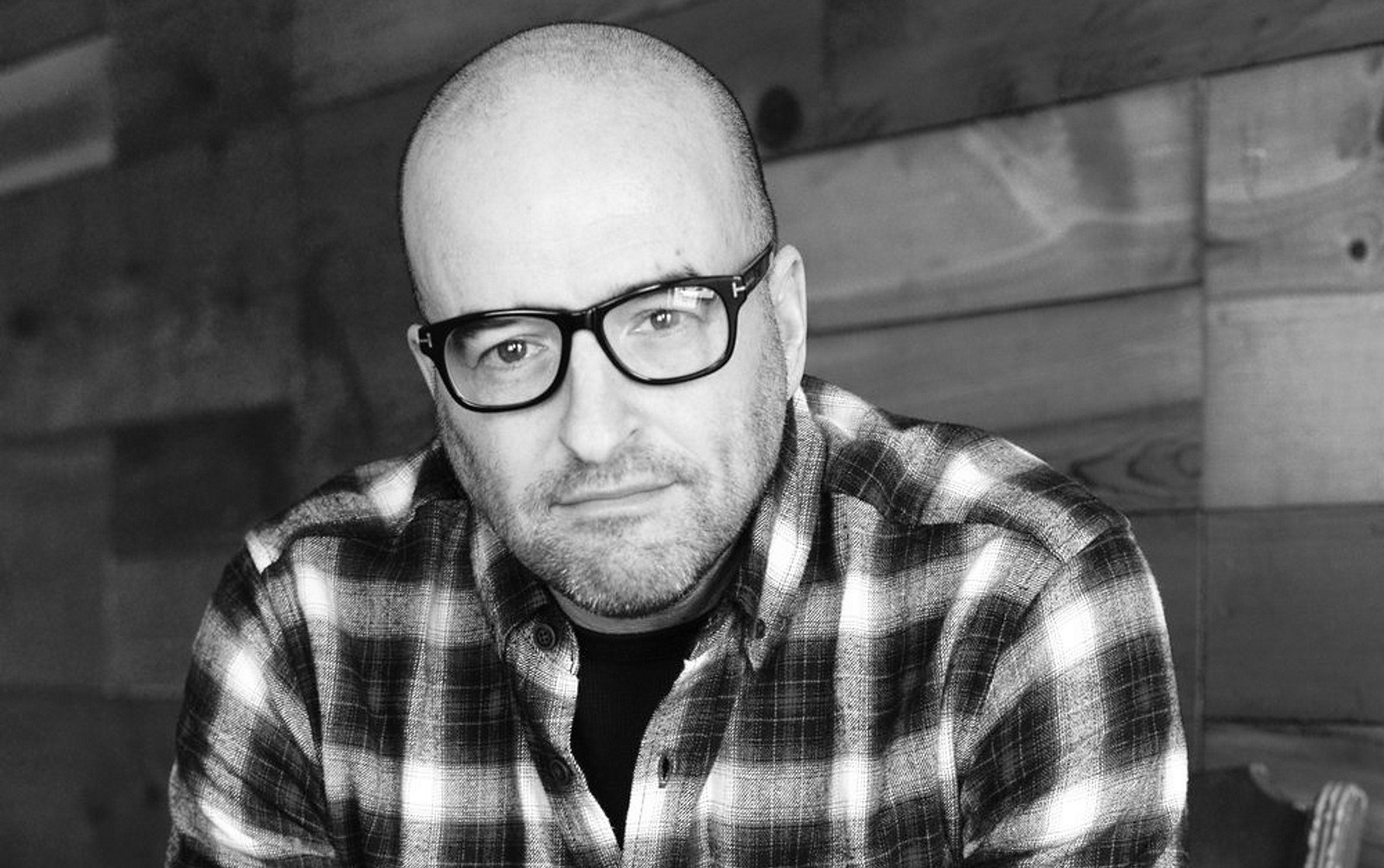
Greg is also the first international speaking coach for TEDxPerth in Australia and has spoken in twenty-seven countries worldwide, including the first-ever spoken word tour by an American across Ukraine and Russia. A performer, thought provoker, punk rock singer, and world traveler, Greg infuses ideas and action wherever he goes. He is the Executive Director and founder of One Hundred for Haiti, a non-profit supporting development programs in rural Haiti, and a co-founder of the Portland Mutual Aid Network, which supports the houseless and unsheltered community in Portland, Oregon.
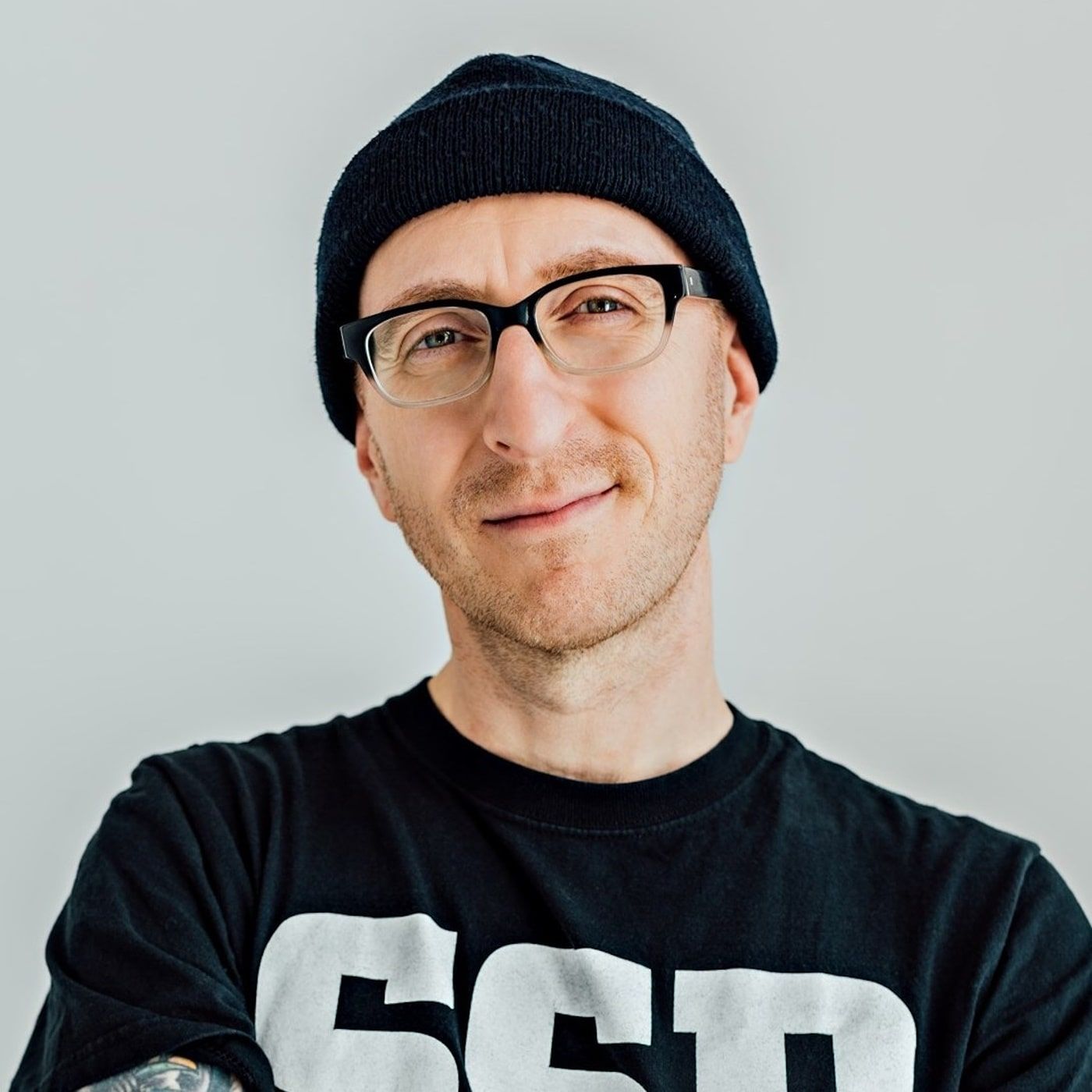
Back to Aram, he is also a legend of the hardcore scene, whom I had the pleasure of befriending at concerts many years ago. From his early days involved with punk in Alberta, Canada, through bands like BETRAYED, CHAMPION, and now CHANGE, Aram has consistently blended his passion for music with his professional life.
Currently, as the CEO of Cadence Leadership, he shares his expertise in psychology and coaching, inspiring others to personal and professional growth.
Exploring the unique journey of Aram Arslanian provides a compelling example of how the fervor and ethics of hardcore punk can profoundly influence professional realms far beyond the music scene.
As the CEO of Cadence Leadership, Aram not only leverages his psychological expertise but also integrates the core principles he embraced during his days in the hardcore punk movement. This integration illustrates a dynamic transition from an art form steeped in rich, rebellious culture to innovative business practices.
Below we delve into how the fundamental aspects of the hardcore punk ethos—authenticity, DIY initiative, community collaboration, passionate energy, and embracing diversity—are not just preserved but transformed and applied within a business context.
These principles, once expressed through music and community activism, now enhance business strategies and leadership qualities, showcasing a powerful evolution from stage to boardroom.
Let’s dive into it.
1. Authenticity and Integrity
Hardcore punk has always emphasized the importance of being authentic and true to one’s convictions. In business, this authenticity attracts like-minded individuals and builds strong, loyal relationships with customers and business partners. Being faithful to one’s values and transparent in actions is key to building trust.
2. DIY (Do It Yourself)
The punk movement is renowned for its DIY ethic, signifying self-initiative and action. Transferring this mindset to business can mean innovation and the ability to adapt in a changing market landscape. It also suggests less dependence on external suppliers and greater control over the direction of business development.
3. Community and Collaboration
Hardcore isn’t just about the music; it’s about community. Building a business around the idea of collaboration and support can help foster a strong organizational culture. Supporting each other and sharing resources enhances innovation and creativity in problem-solving.
4. Passion and Energy
The passion for hardcore can be transformed into a passion for running and developing a business. The energy and commitment directed towards the stage can now be channeled into developing products and services that inspire and serve others.
5. Embracing Diversity
Hardcore often tackles social issues and promotes diversity. In business, these values can lead to the creation of more inclusive workplaces and products and services that meet the needs of a broader audience.
Another inspiring example of impactful transformation is Drew Wilkinson’s journey from punk rocker and frontman of RUN WITH THE HUNTED to eco-pioneer within a corporate giant.
Drew initially joined Microsoft as a paralegal, a stark contrast from his days in punk bands and environmental nonprofits. His transition into the corporate world did not dampen his activist spirit; instead, it redirected it. Identifying a lack of proactive environmental advocacy within the company, Drew co-founded an employee sustainability group that rapidly grew to 10,000 members, influencing Microsoft to adopt more sustainable practices across its operations.
This initiative began modestly, tackling issues like excessive waste in the company’s cafeterias. Drew and his colleagues’ persistence in advocating for sustainable solutions, such as the introduction of a zero-waste cafeteria, showcased the significant impact that passionate employees can have on a global corporation’s environmental policies. This grassroots movement not only led to practical changes within Microsoft but also set a precedent for how employees can steer their companies towards more aggressive climate goals.
Wilkinson’s experience culminated in the formation of the Climate Leadership Collective, a consultancy that aids other companies in fostering their own employee-led sustainability initiatives. This narrative underscores the potential for individuals to drive substantial environmental change within their workplaces, transforming personal commitment into collective action that aligns corporate practices with planetary needs.
Learn more about hus work in ‘How a punk-rocking paralegal harnessed employee power to green Microsoft’ podcast HERE.
Finally, to wrap it up…
let us revisit the inspiring speech by Greg Bennick, “…And We Want Something More: Passion, Creativity, and the Human Condition,” which we discussed in a previous interview.
In his speech, Bennick highlights the transformative power of passion and creativity in confronting and navigating the challenges of the human condition.
His perspective is that through the artistic process—whether it be in music, speech, or leadership—we can transform the emptiness into a meaningful narrative that not only enhances our own lives but also impacts those around us profoundly.
This narrative approach in leadership and business, as demonstrated by figures like Aram and Greg, shows that the principles of hardcore punk can indeed translate into effective, ethical, and transformative business practices, making a significant impact in the corporate world and beyond.



